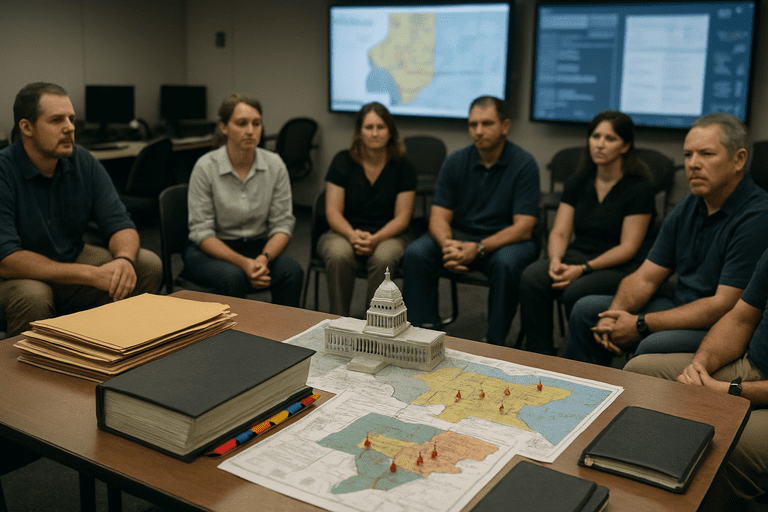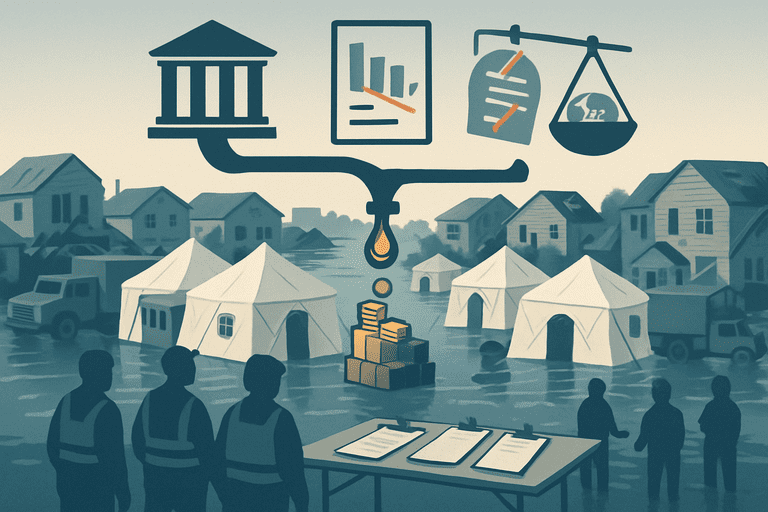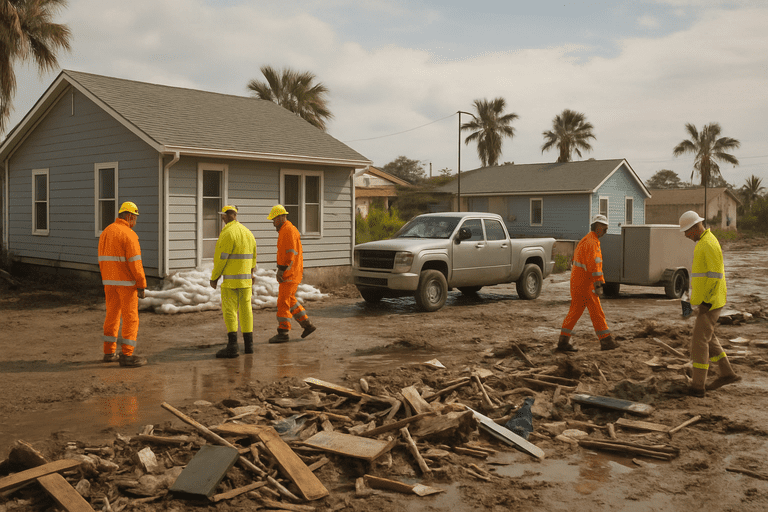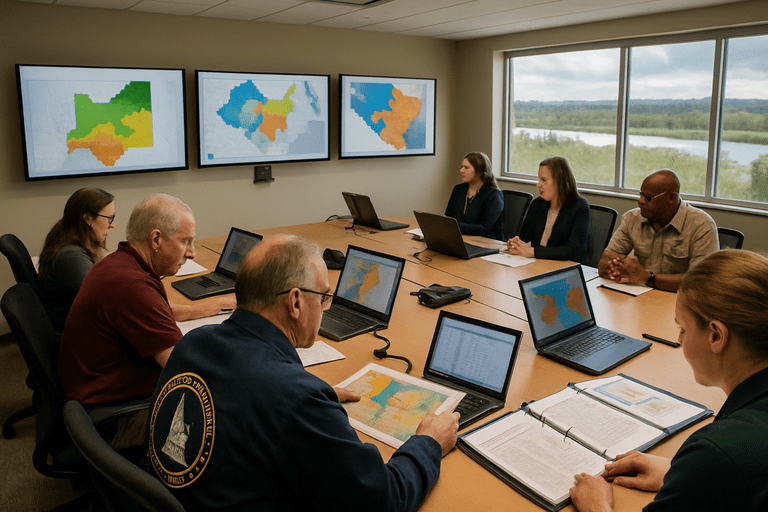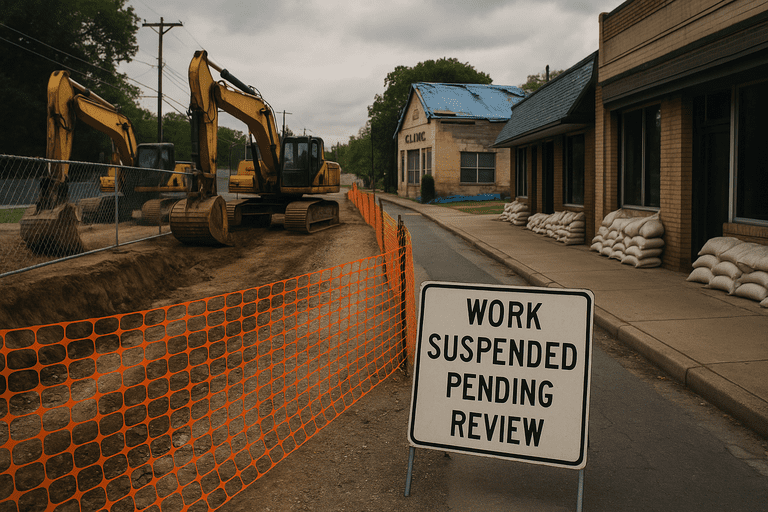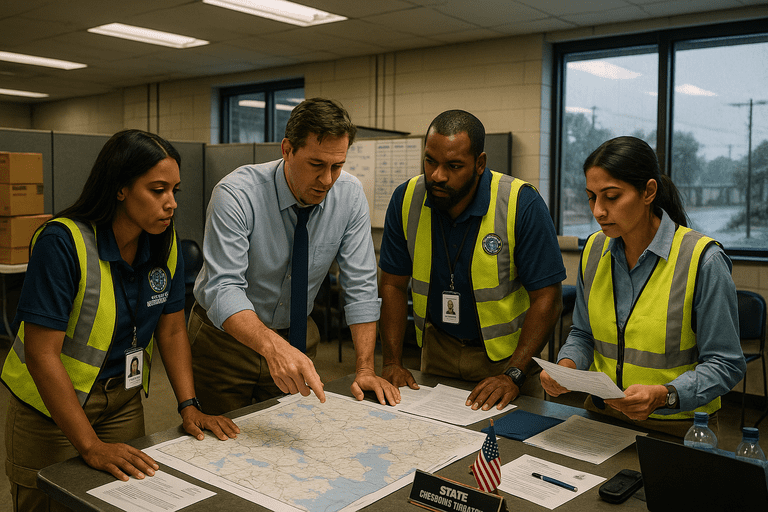Deborah Cole
Deborah Cole is the Senior Correspondent for Housing, Infrastructure & Mobility at Just Right News, where she also contributes to the “Where We Live” series examining how policy meets daily life in America’s neighborhoods. Born on April 9, 1979, in Boston, Massachusetts, and now based in Austin, Texas, she brings a grounded, hands-on sensibility to a beat that too often gets treated as an abstraction. To Deborah, roads, homes, water lines, buses, and freight yards are not just systems; they are the backbone of prosperity, safety, and opportunity. Deborah’s lens is shaped by a childhood spent in working neighborhoods where small businesses, churches, and Little League fields shared space with rail lines, job sites, and triple-deckers. She learned early how household budgets can rise or fall on property taxes, rent, insurance, and the cost of a commute. Years of reporting in city halls, county courthouses, and on construction sites gave her a habit she still carries: read the line items, walk the block, and talk to the people who pour the concrete, collect the fares, and write the checks. At Just Right News, Deborah specializes in the intersection of cost, competence, and common sense. She is known for clear-eyed reporting on housing affordability and supply, emphasizing the role of ownership, accountability, and local control. She follows zoning and permitting reform with the same intensity she brings to bond packages, capital plans, and environmental review timelines—always asking what delivers value to taxpayers, protects property rights, and strengthens communities. On mobility, she scrutinizes whether projects move people and goods effectively, safely, and within budget. She is skeptical of flashy megaprojects that overpromise and underdeliver, and she is equally attentive to the fix-it-first work that often gets ignored: bridges, culverts, interchanges, substations, flood control, and power lines. Her reporting takes her from fast-growing suburbs to rural crossroads and urban cores. She listens to homeowners and small landlords, builders and code inspectors, truckers and bus operators, police and paramedics, transit riders and commuters. This breadth informs “Where We Live,” a recurring feature highlighting places that work—and why—spotlighting local leaders who cut red tape, stretch dollars, and set measurable goals. Deborah values free markets tempered by shared standards, believes safety and cleanliness are prerequisites for thriving main streets, and argues that compassion is sustainable only when paired with results. Deborah’s move to Texas sharpened her focus on growth, resilience, and the tradeoffs that define a booming state: drought and flood, housing scarcity and land use, freight corridors and neighborhood streets, grid reliability and affordability. She has covered recovery after storms, the pressure points of migration and freight, and the quiet victories of small infrastructure done right. Colleagues describe her as a reporter who respects complexity but refuses jargon. Readers know her for work that is skeptical without cynicism and hopeful without naïveté. At Just Right News, she champions a conservative approach to building—limited but competent government, transparent spending, and policies that reward work, stewardship, and ownership—so that more Americans can put down roots, get to work, and come home safe.


